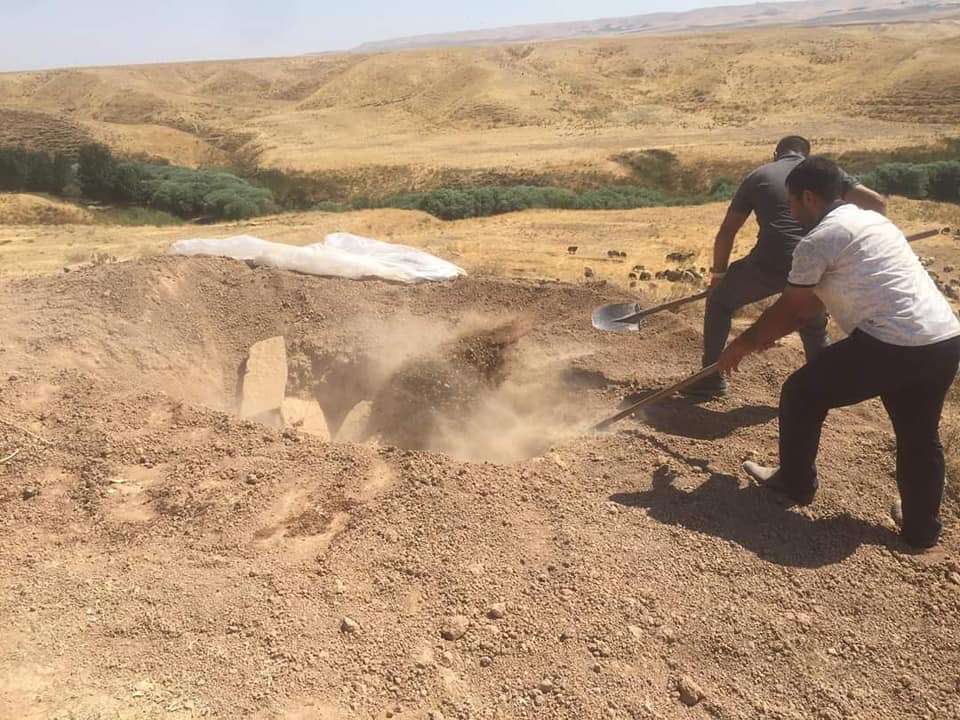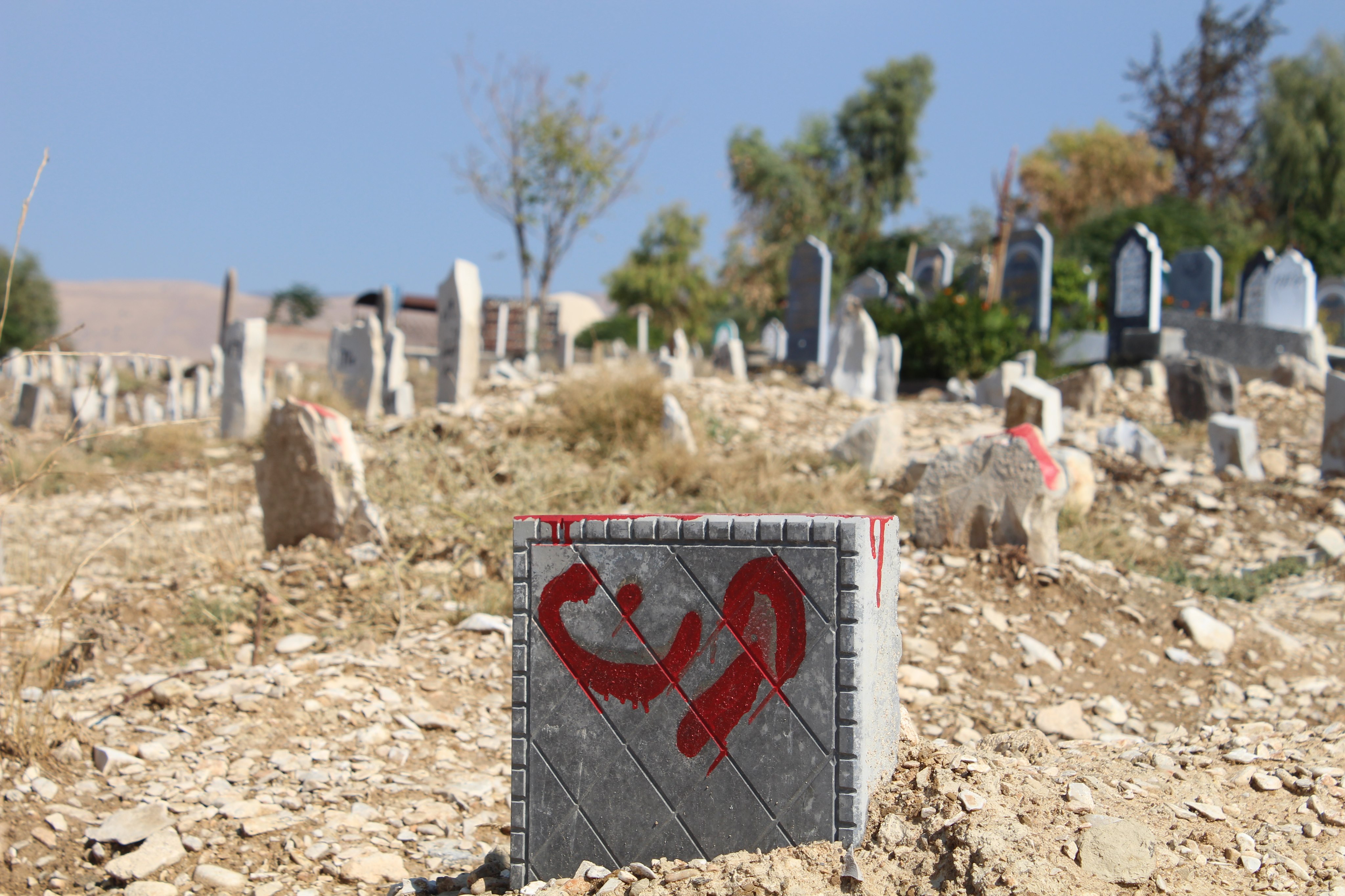26-year-old Munira was found hanged in her house in a neighbourhood of Kalar district on 20 November. She had stayed for 50 days in a shelter for women. The incident coincided with the preoccupation of women for the International Day for the Elimination of Violence against Women.
Munira’s problems go back to 2018 when her husband takes her to court with the accusation of “adultery,” according to Shukriya Ghafour, director of Kurdistan Women Union’s Garmiyan branch.
Gafour says that she has thoroughly studied Munira’s case and that the accusation by her husband has led to their divorce despite having three children together.
the accusation by her husband has led to their divorce
“After Munira’s case was opened, to protect her from being killed, she was sent to a shelter in Slémani, and she was under detention for a while in Garmiyan,” Ghafour says.
After she was found hanged at her home, three of Munira’s brothers and another person were detained.
Ali Jamal, a spokesperson for Garmiyan Police, said: “On the same night, we detained four persons involved in the case. Three of them are her brothers, who during the investigation have said that they have killed their sister for a social issue.”

Munira’s murder is one of the cases that have led to widespread outrage on social media platforms.
There has been a spike in gender-based violence against women across Iraq, including the Kurdistan Region, especially in the past several weeks.
Last week, a 16-year-old girl at a village in Khanaqin died of a shotgun wound. Her father and one of her brothers were arrested and later released on bail. And in Kalar, a 5-year-old woman died of self-immolation.
Another woman was killed in her car last week in Slémani and no suspect has been so far detained.
On 24 November a man attacked his wife and mother-in-law with a knife wounding both of them.
Shukriya Ghafour says that the outrage on Munira’s case is mostly caused by the news that “after staying 50 days in a shelter, she was handed over to her family while there was a threat on her life.”

Ghafour slams the government, saying: “They cover up cases of women. They conceal information from us while they themselves can’t protect women. Munira is an example; the authorities handed her over to her family to be killed.”
They cover up cases of women. They conceal information from us while they themselves can’t protect women
KirkukNow has found out when Munira was handed over to her family, they signed a pledge to not harm her.
“Her family broke their pledge to the court and the shelter and killed her,” Ghafour added.
Her family broke their pledge to the court and the shelter and killed her
Similar to Munira, two sisters in a shelter were handed over to their family and were later murdered.
They were Awara (19) and Hélin (17). The police discovered their remains in a shallow grave near a graveyard in a village in Chamchamal after they had gone missing a week before.
The Women’s High Committee, an organ of the Kurdistan Regional Government, said in a statement on the International Day for the Elimination of Violence against Women: “With the outbreak of the Corona pandemic, women and girls are more and in different way negatively affected.”
“Compulsory home confinement for women and girls, and forcing them to do domestic work have affected the educational system and has made the future of students unclear. The decrease or disappearance of incomes of families has also led to weaken women and put them under domestic violence.”
The committee requests the government to help alleviate the hardships women face.
According to numbers from the KRG, 25 have been killed in the Kurdistan Region in the first 9 months of this year.
Shukriya Ghafour says that the problem is the most of the cases are kept hidden and the culprits go unpunished, often under the pretext that “the women commit suicide, and they suffered from mental illnesses.”






